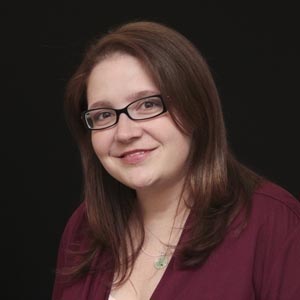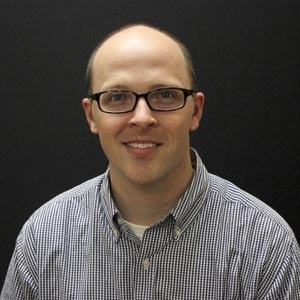About the Aristotle Center
Bridging the gap between sciences and the humanitiesRecent scientific research on humanistic questions (e.g., the existence of God, the evolutionary origin of altruism, or the physical effects of mindfulness practices) has created the potential for interesting and productive points of contact between science and the humanities. Yet much of that potential has gone unrealized in the context of undergraduate education—the academic gap between science and the humanities seems to be widening, even as our lived experience demands closer cooperation. Moreover, efforts to promote interdisciplinary research have not always produced meaningful curricular change at the undergraduate level.
It is one thing to conduct graduate-level research into the genetic basis of altruism, for example, but quite another to integrate such research into a coherent undergraduate curriculum. How should professors in the humanities engage recent scientific advances? How can professors in the natural sciences incorporate relevant insights from the humanities into their teaching? How might faculty from different academic disciplines come together to shape a curriculum that both draws on the traditional strengths of the liberal arts and also responds to shifting scientific and technological landscapes? And how might the goals of such a curriculum be made transparent to students? Directed by Drs. Brynn Welch and Adam Wells, the Aristotle Center provides an interdisciplinary forum for exploring the connections between the sciences and the humanities, bridging the growing academic gap between these disciplines.
Faculty associated with the Center:
Dr. Brynn Welch (Co-Director)
Dr. Adam Wells (Co-Director)
Dr. Christine Fleet (Advisor)

